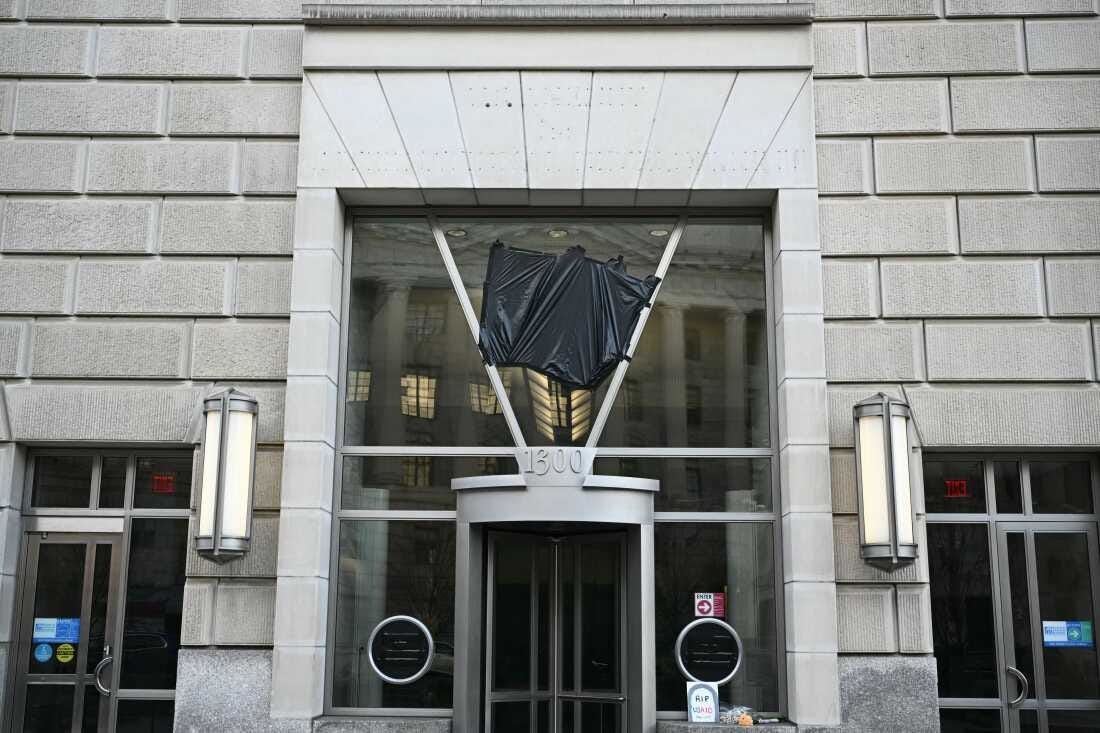Neighbor Tuesday: Do the foreign aid waivers even matter?
A USAID update. And, a conversation with my boss.
Hi everyone,
Well, it’s been about 5 weeks since the executive order on reevaluating foreign aid with the stop-work order. This essentially halted all foreign aid, including USAID, PEPFAR, etc for 90 days. It’s been about 3 weeks since Secretary of State Marco Rubio issued a waiver for “lifesaving humanitarian assistance” during the 90 review period. The waiver is the bare minimum and up to interpretation. So, what’s covered and does it even matter? Before we get there, let me bring you up to speed on what’s happened at USAID. Below is a NYT synopsis of the timeline too.
For 60 years, USAID has been a bulwark in providing humanitarian assistance to millions of people - particularly those that need it the most in the world. Think of bednets to protect against malaria, HIV programs to ensure HIV+ positive mothers can protect their breastfeeding children from the disease, food programs in Gaza, water wells in Haiti, medical care for Sudan. If you look only at HIV, USAID funding has saved 25 million lives.
The budget is <1% of the ENTIRE federal budget. So, cutting this is not cost-saving to the economy. There’s no reason to believe there’s corruption at the agency either. The funds are not misused. Don’t believe the noise saying USAID is a woefully corrupt organization. There’s a lot of noise about that out there. Don’t believe the headlines or stories.
To date, Secretary of State Marco Rubio has eliminated 92% of the agency’s grants - a stunning 4,100 grants. To put this in perspective, one of those grants went to a project of a friend of mine. Her work is helping babies born prematurely in East Africa get the oxygen they need to live. It was cut entirely. It’s simply devastating and she’s 1 of the 4,100 grants. Another friend had to let 80% of her team (>40) in 4 countries go and had to reduce all US staff tremendously. Another in the Sudan had to stop a malnutrition program for children affected by war. Another had to stop a program in the Congo for kids with disabilities. It’s just so much. I know 4,100 grants sounds like a lot - and it is - but it is a lot because each grant represents hundreds of people with real needs and likely no back-up help to fall back on. The grants were the back-up.
The International Rescue Committee has lost 39+ grants. The IRC delivers aid to families living in disaster areas or fleeing conflict in over 40 countries - like Gaza, Sudan, Ukraine. 87% of EVERY dollar to the IRC goes directly to help refugees. There’s no corruption here.
Of the 13,000+ workforce, most of which are local workers in their country, 300 are approved to stay working at USAID/State Department. For projects in Africa alone, only 12 people remain. For the Middle East, it’s 21. If you go to the USAID website, the opening page tells people they can clear out their desks but only have 15 minutes to do so.
Here are the before and after pictures of taking down the USAID description on the building in DC.
What about the waiver? Let’s talk about Ebola as an example.
A fundamental aspect of USAID is its incredible efficiency with well-designed systems, supply chains, teams, logistical staff, and existing partnerships on the ground. It is a well-oiled machine designed to swiftly and efficiently deploy food, medicines, assistance, etc. So, the disruption in foreign aid is not only about medicines being distributed to individual patients. It’s a massive disruption in the supply chains and systems and partnerships already in place. You can’t simply turn those back on like a faucet. Let’s talk about Ebola as an example.
This week in the administration’s first cabinet meeting, Musk talked about the foreign aid freezes and things he got wrong. Click here for video.
But that’s not true. The Washington Post reported:
The Post also reported that the USAID team working on disease-response to outbreaks like Ebola had been cut from 60 to 6. The in-country partner organizations and teams working on the Ebola outbreak in Uganda were not paid due to the freeze - and may not be there when the money starts flowing again. People have to feed their families and may have to find work elsewhere. In other words, they may not be there when you want to start the Ebola prevention project again. This is especially true in countries where workers live paycheck to paycheck - which is most often the case in these countries. So, there’s no way that canceling Ebola prevention was “very briefly” or that it can get back up and running quickly.
Let me give you another example with global health supply chains.
USAID staff works closely with the country’s Ministries of Health. In Uganda (or any other country with an Ebola outbreak), we have a playbook to contain it! You need good testing and strong laboratories to run the tests, coordinated teams to follow-up on infected patients and those suspected of being exposed, treatments available for the sick, and discharge planning for those that recovered. The plans to do this quickly, with skill and the right team, have already been laid out in well-designed systems over years and years of work. The Ministries will alert USAID of this and start the chain reaction of making sure the team is in place to combat the disease, testing is ordered and adequate, laboraties are up and running. Quick, efficient, and badass. The disruption to foreign aid halts all of that to a grinding stop. Because you need people at every step of the way. And, 97% of USAID has been put on leave.
So, the technical expertise, the logistics and supply chain, the funding streams, the laboratory staff, the partnerships do not magically turn back on with a waiver. It will take time especially since the staff is gone.
On February 10, the State Department issued a statement for PEPFAR programs, specifically those that help make sure babies born to HIV+ mothers remain HIV free. For HIV+ mothers, her baby is at risk of getting HIV in utero or through breastfeeding. Although the State Department approved a waiver to resume these services “as soon as possible”, it’s not as simple as a test. The mother has to be able to access her medicine in a timely manner and the pharmacist has to still be at the clinic to give out that medicine. The breastfeeding baby will need testing to ensure the medicine is working to prevent the HIV virus from infecting the child. This was what I worked on during my PhD dissertation in Malawi. And, it’s complex and takes lots of people working together. And, timeliness matters. From a former post, we need to remember that every day the mother cannot access her medicine, 30 babies in Tanzania alone will be infected. Of those, 10 will die by their first birthday. Globally, 1,471 babies will be infected. Of those, almost 450 will die by their first birthday. Per day.
I wish I could describe the complexity of each disease and assistance program for you. I hope that you see that a ‘waiver’ is not a ‘waiver’ unless it works correctly. A great ‘Think Global Health’ article on the issue called the waiver a mirage - and I agree with the author. The damage has been done and is widespread and deep.
Let me humanize this with a conversation from a leading HIV expert.
I want to end this with a conversation I had with my boss. Dr. Chris Beyrer is the Director of the Duke Global Health Institute where I have a faculty appointment. Prior to coming to Duke, he was the Desmond Tutu Professor of Public Health and Human Rights at the Johns Hopkins Bloomberg School of Public Health, where he also served as the associate director of the Center for AIDS Research. He has worked on the front lines of HIV/AIDS for over 30 years in nearly every continent on the globe. He serves as an advisor to PEPFAR. I asked if he would help us understand what the waiver is (and isn’t) from his perspective, expertise, and 30 years in the field. It was a deeply humbling and personal conversation and I hope it can help you understand the gravity of what we are still dealing with.
Dr. Beyrer, thank you for sharing!
-Emily
Here are other posts on the topic if you missed it.
Neighbor Tuesday: What happens if the federal foreign aid freeze continues?
Neighbor Tuesday: What’s happening at USAID?
The original post on how a federal freeze impacts global work.









Thank you Emily for humanizing the impact of these cuts and giving tangible real life examples of their harm. My heart breaks for the lives that are going to be lost by these vile acts, and for this who have lost and will lose their jobs that they have such passion and expertise for/in. I'll keep calling, emailing, screaming from the rooftops. 💔❤️
I have no words to describe my anger and lament at the damage being done. So I'll just say, Jesus, have mercy.